The International Rice Commission (IRC) is an intergovernmental organisation of states that produce rice. It is a subsidiary organisation of the Food and Agriculture Organization (FAO). The IRC promotes international co-operation in the production, conservation, distribution, and consumption of rice.
The establishment of the IRC was proposed in May 1948 by the delegates of a FAO meeting on rice in the Philippines. In April 1948, the FAO Council followed up on this recommendation by producing a multilateral treaty known as the Constitution of the International Rice Commission. The Constitution entered into force on 4 January 1949 and the first session of the IRC was held in Bangkok later that year. The 12 founding members were Burma, Ecuador, Egypt, France, India, Italy, Mexico, Netherlands, Pakistan, Philippines, Sri Lanka and Thailand. The IRC meets in regular session at least once every four years.
The IRC is open to all members and associate members of the FAO. As of 2013, the IRC has 62 member states representing over 98 per cent of global rice production:
.svg.png.webp) Australia
Australia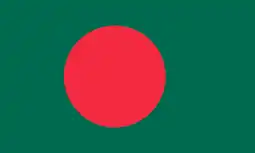 Bangladesh
Bangladesh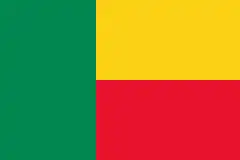 Benin
Benin Brazil
Brazil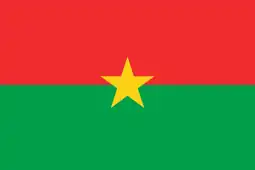 Burkina Faso
Burkina Faso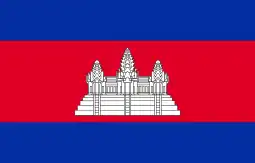 Cambodia
Cambodia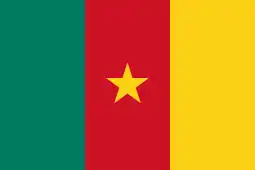 Cameroon
Cameroon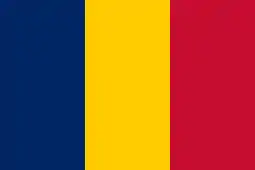 Chad
Chad China
China Colombia
Colombia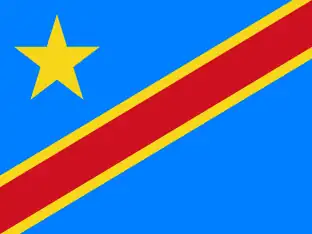 Democratic Republic of the Congo
Democratic Republic of the Congo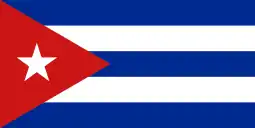 Cuba
Cuba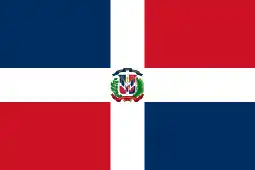 Dominican Republic
Dominican Republic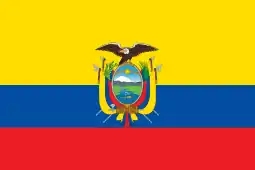 Ecuador
Ecuador Egypt
Egypt France
France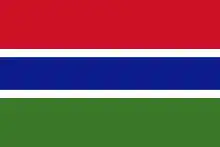 Gambia
Gambia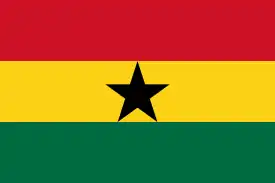 Ghana
Ghana Greece
Greece Guatemala
Guatemala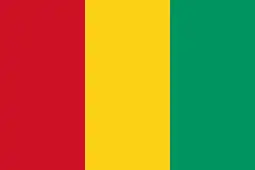 Guinea
Guinea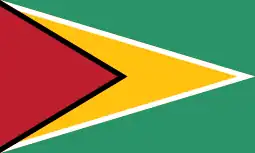 Guyana
Guyana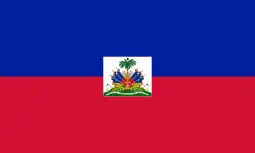 Haiti
Haiti Hungary
Hungary India
India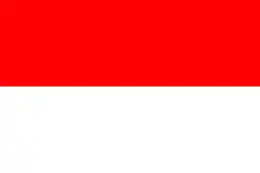 Indonesia
Indonesia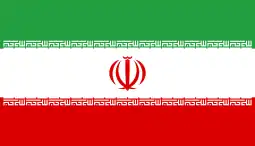 Iran
Iran Italy
Italy Japan
Japan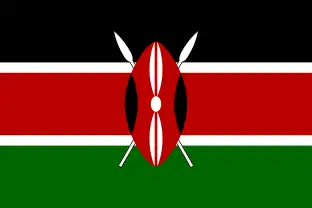 Kenya
Kenya Korea, South
Korea, South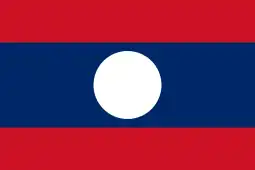 Laos
Laos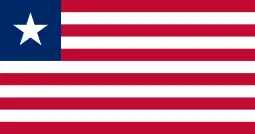 Liberia
Liberia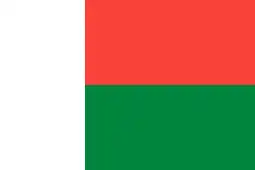 Madagascar
Madagascar Malaysia
Malaysia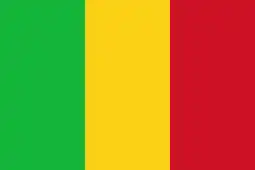 Mali
Mali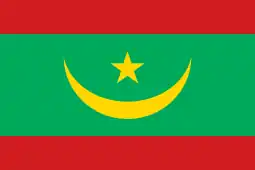 Mauritania
Mauritania Mexico
Mexico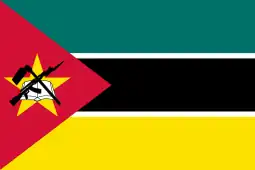 Mozambique
Mozambique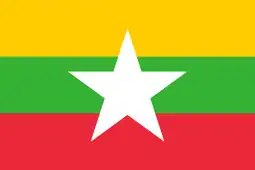 Myanmar
Myanmar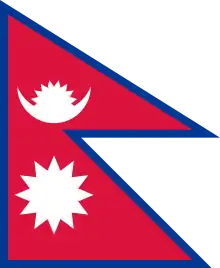 Nepal
Nepal Netherlands
Netherlands Nicaragua
Nicaragua Nigeria
Nigeria Pakistan
Pakistan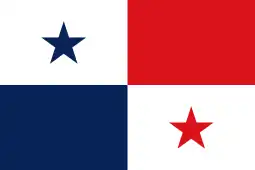 Panama
Panama Paraguay
Paraguay Peru
Peru Philippines
Philippines Portugal
Portugal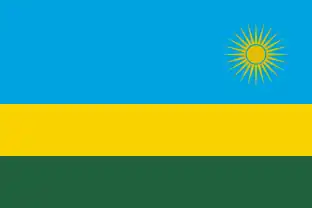 Rwanda
Rwanda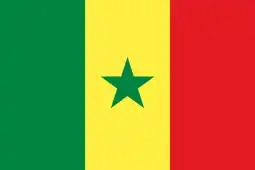 Senegal
Senegal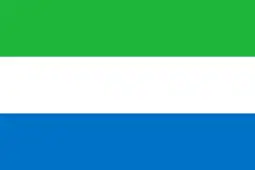 Sierra Leone
Sierra Leone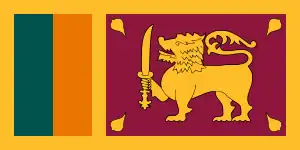 Sri Lanka
Sri Lanka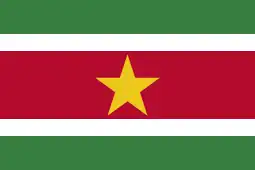 Suriname
Suriname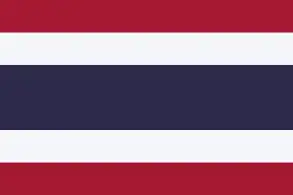 Thailand
Thailand Turkey
Turkey United Kingdom
United Kingdom United States
United States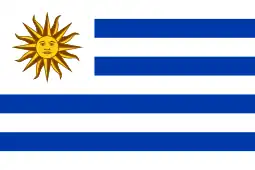 Uruguay
Uruguay Venezuela
Venezuela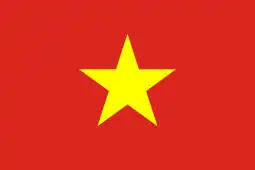 Vietnam
Vietnam
External links
- International Rice Commission, official website
- Constitution of the International Rice Commission, fao.org
- Constitution status, fao.org